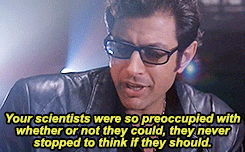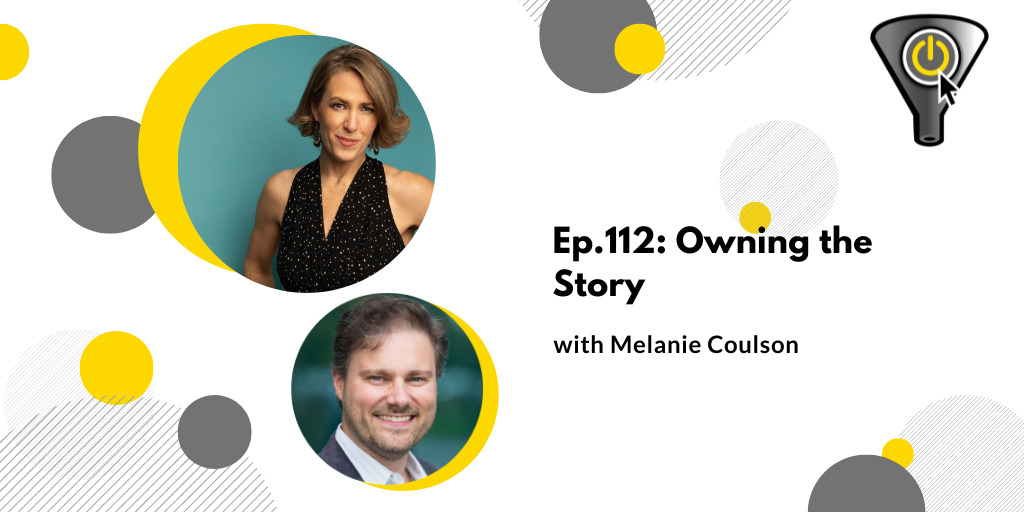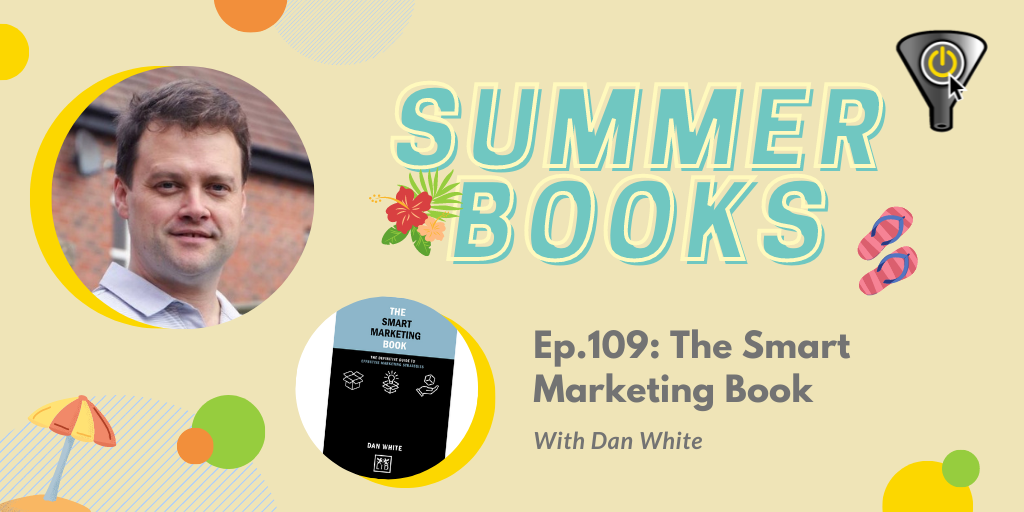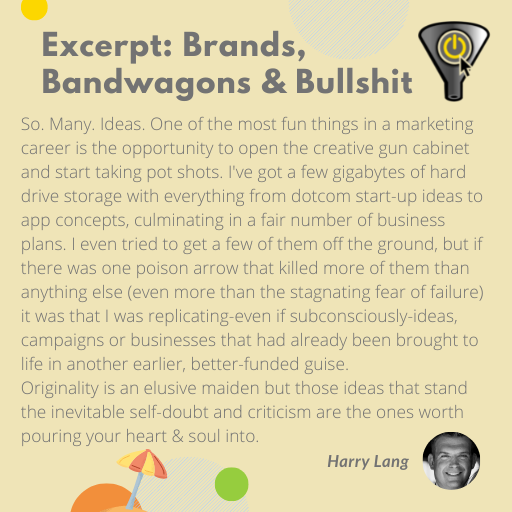People focus too much on posting content and not enough on asking what content they should post. We can easily get on a treadmill, writing about topic after topic. This results in treating everything as a fluff-piece, overlooking the power of content. And though this hyperactivity may look good on our status reports, and please the search engines, is that who really matters in this endeavour?
I’m reminded of the movie Jurassic Park, as financier John Hammond briefs mathematician Ian Malcolm on how they made the dinosaurs. Malcolm scolds him for tinkering with the building blocks of life.

In the same way, we should think about the person consuming our content, pausing not only to ask if we can create a piece of content for them, but to ask if we should create it.
Judging what content gets made is a time-honoured skill. News media and the publishing industry have formalized it into the role of the editor. Today we’ll talk with someone with an editorial background, to learn how they think, so we can judge our content just like they do.
My guest spent 16 years as senior-level journalist and editor at top Canadian newsrooms, such as The Globe and Mail, CBC.ca and the Ottawa Citizen. Melanie then directed the content for non-profits and organizations like Export Development Corporation.
She’s happy to share what she’s learned about Digital Communications on the stage at TEDx, or as a lecturer at Carleton University, where she originally received her journalism degree.
She has now moved into creating content under her own banner as Owner of Big Stride Media. She lives in the Ottawa suburb of Kanata, with her husband and two sons.
People/Products/Concepts Mentioned in Show
- Melanie’s firm, Big Stride Media
- Melanie on LinkedIn
- Her newsletter, “Owning the Story”
- Intel’s impactful story-based ad
- The disastrous experience Subway had with their spokesperson Jared











